Tortula Muralis: The Resilient Moss Conquering Diverse Habitats
Affiliate Disclaimer: As an affiliate, we may earn a small commission when you make a purchase from any of the links on this page at no additional cost to you!
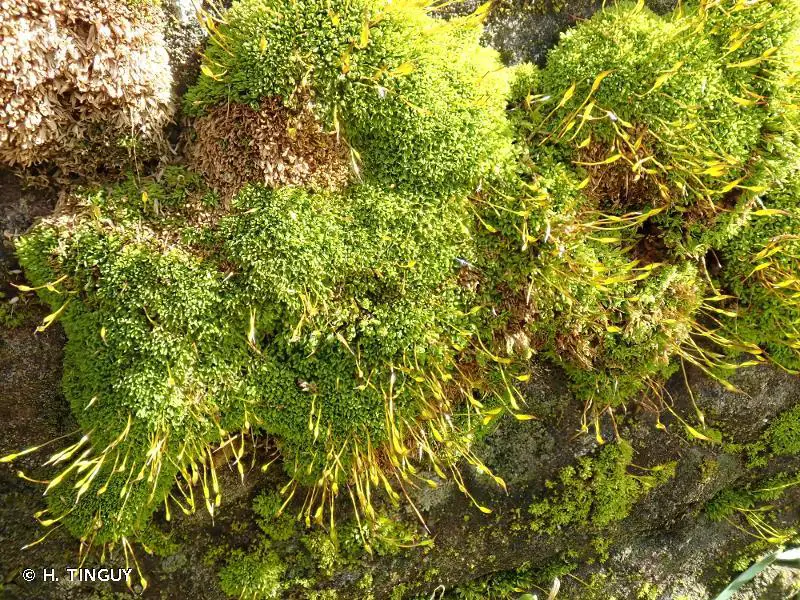
375226.jpg from: https://inpn.mnhn.fr/espece/cd_nom/5226
Introduction
In the vast and captivating world of bryophytes, one particular moss species stands out for its resilience and ubiquity – the
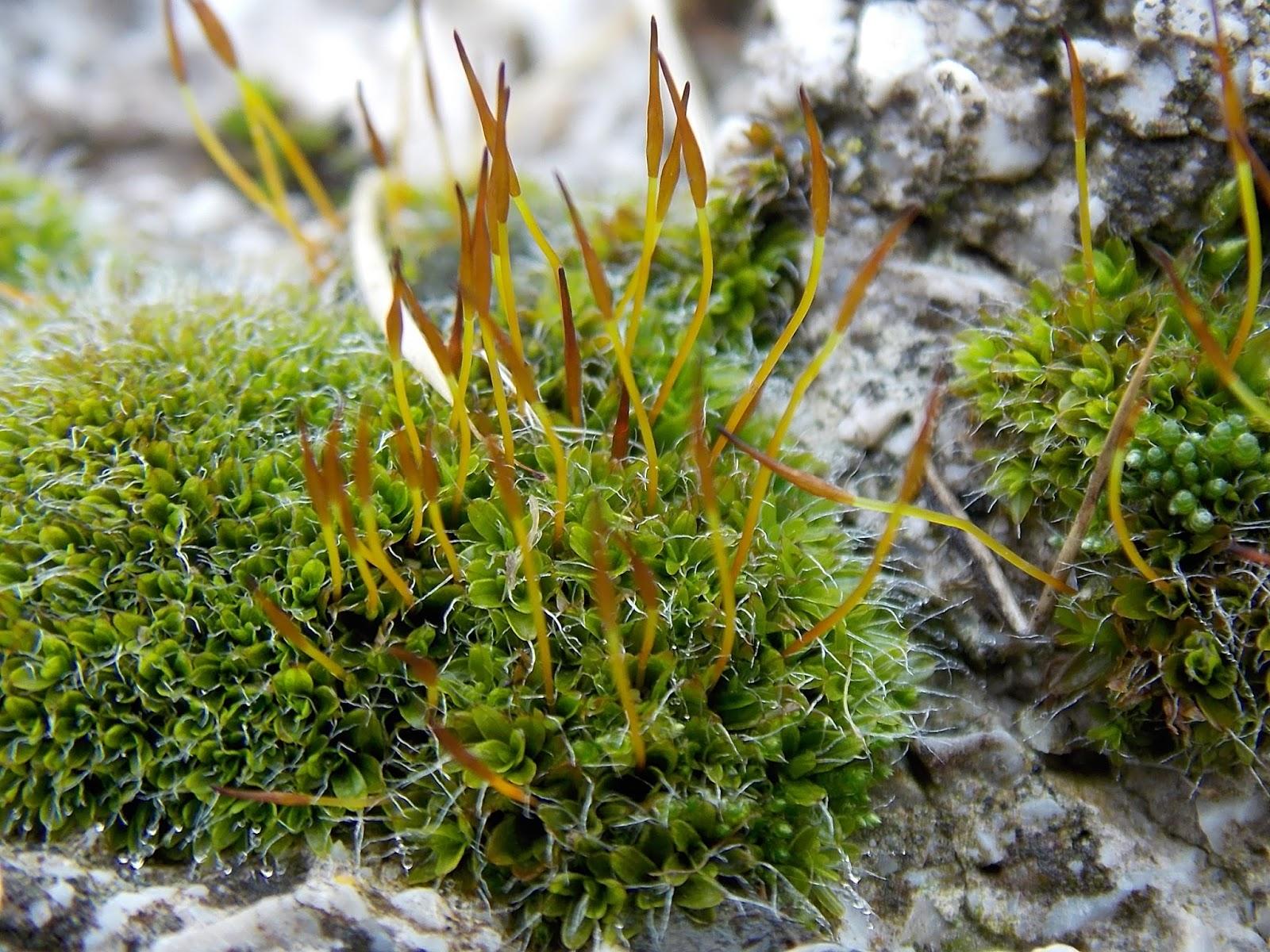
DSCN8002.JPG from: https://briofitedelmatese.blogspot.com/2018/03/tortula-muralis-hedw.html
Tortula muralis Hedw., commonly known as the Tortula moss. Belonging to the
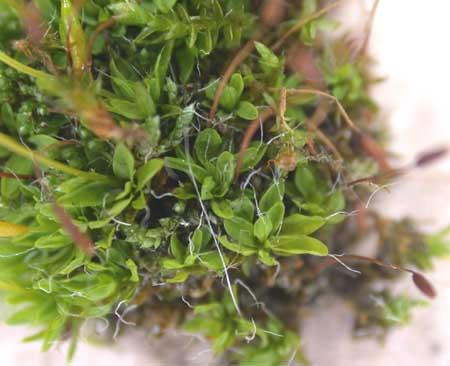
7254.jpg from: https://blogs.ubc.ca/biology321/?page_id=506
Pottiaceae family, this unassuming yet remarkable plant has carved its niche across diverse habitats, thriving in conditions that would challenge most other organisms.
Background
Before delving into the intricacies of the Tortula muralis Hedw., it’s essential to understand the broader context of bryophytes. These non-vascular plants, which include mosses, liverworts, and hornworts, are often overlooked but play a crucial role in various ecosystems. They are among the oldest land plants, with fossil records dating back over 400 million years, and are considered the pioneers of terrestrial life.
Main Content
Morphology and Identification
The Tortula muralis Hedw. is a small, acrocarpous moss that forms dense, cushion-like tufts or mats. Its leaves are lanceolate to oblong-lanceolate, with a distinctive twisted appearance when dry. The leaf margins are
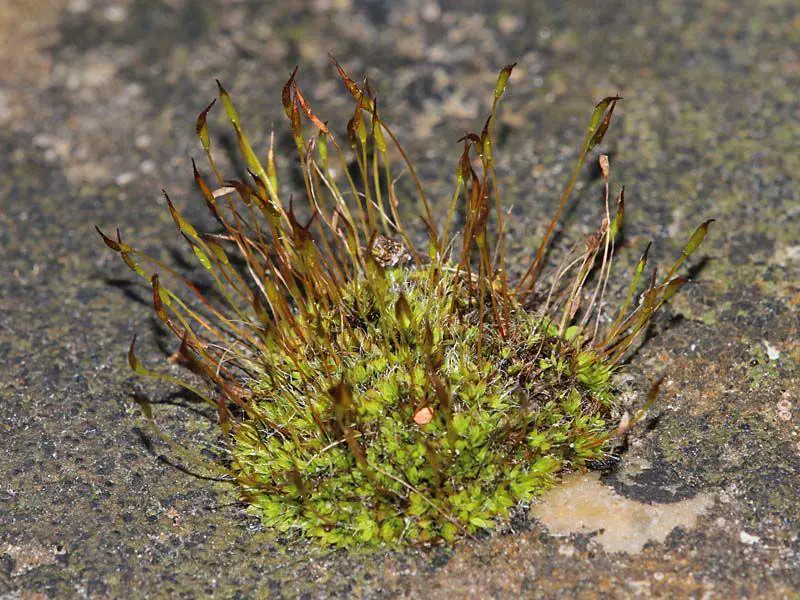
Tortula-muralis-Hedw.-462020.sm.jpg from: https://www.biodiversidadvirtual.org/herbarium/BFI-Tortula-muralis-Hedw.-cat12158.html
entire or slightly crenulate, and the leaf tips are often acute or obtuse. One of the most striking features of this moss is its twisted, reddish-brown seta (stalk) that supports the cylindrical capsule.
Global Distribution and Habitat
The Tortula muralis Hedw. is a cosmopolitan species, found on every continent except Antarctica. It thrives in a wide range of habitats, from urban areas to natural environments, showcasing its remarkable adaptability. This moss can be found growing on soil, rocks, walls, roofs, and even tree bark, often in areas with high levels of disturbance or pollution.
Ecological Roles and Adaptations
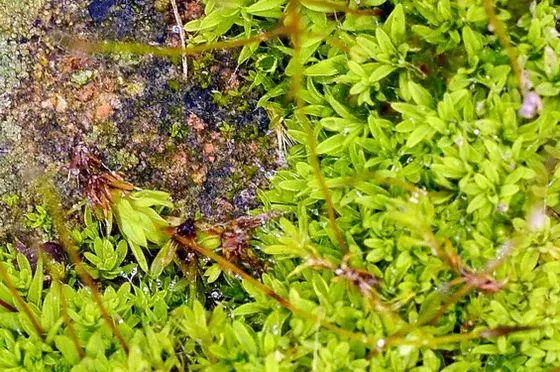
Tortula-muralis-Hedw.-207165.jpg from: https://www.biodiversidadvirtual.org/herbarium/Tortula-muralis-Hedw.-img207165.html
Despite its diminutive size, the Tortula muralis Hedw. plays a vital role in various ecosystems. It contributes to soil formation and stabilization, helps retain moisture, and provides a microhabitat for other organisms, such as invertebrates and microorganisms.
One of the key adaptations that allow this moss to thrive in harsh environments is its ability to undergo desiccation and revive when water becomes available again. This remarkable trait, known as poikilohydry, enables the Tortula muralis Hedw. to survive prolonged periods of drought and rapidly resume its metabolic activities upon rehydration.
Case Studies/Examples
The Tortula muralis Hedw. has been the subject of numerous scientific studies, highlighting its ecological significance and resilience. For instance, researchers have investigated its ability to accumulate heavy metals, making it a potential biomonitor for environmental pollution. Additionally, this moss has been observed colonizing urban areas, demonstrating its capacity to adapt to human-modified environments.
Technical Table
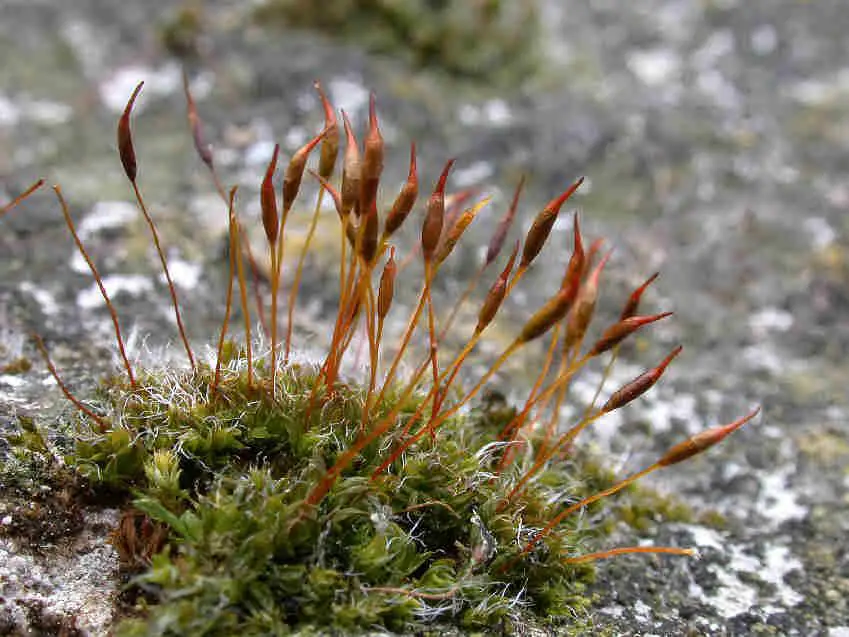
Tortula_muralis_003.JPG from: https://cisfbr.org.uk/Bryo/Cornish_Bryophytes_Tortula_muralis.html
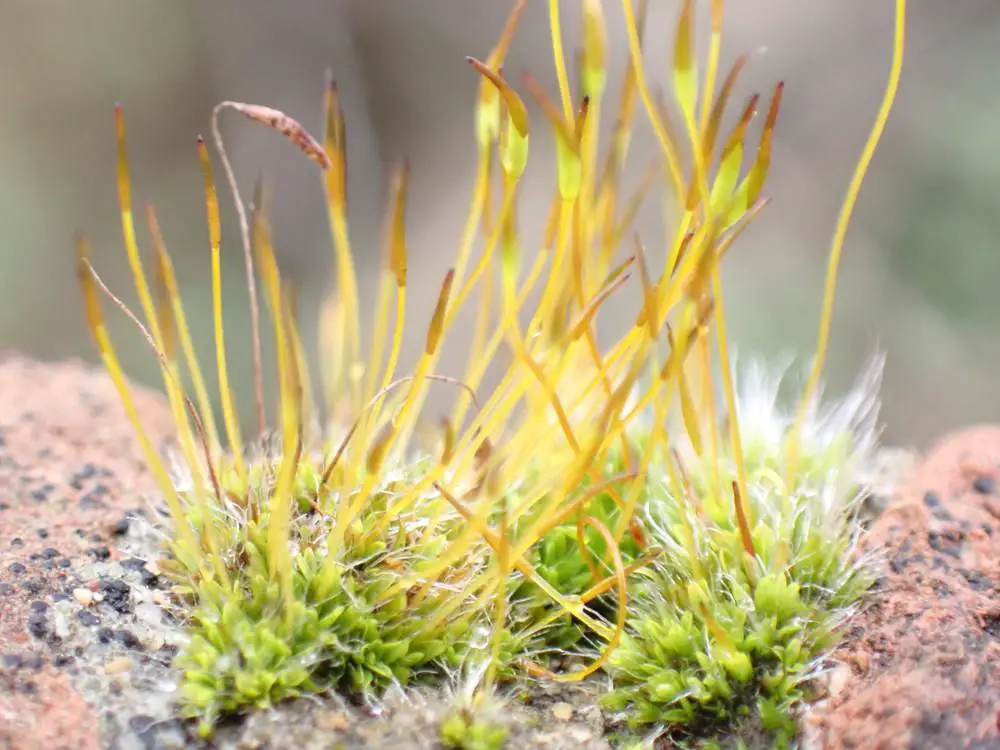
32898132.jpg from: https://observations.be/observation/205364392/
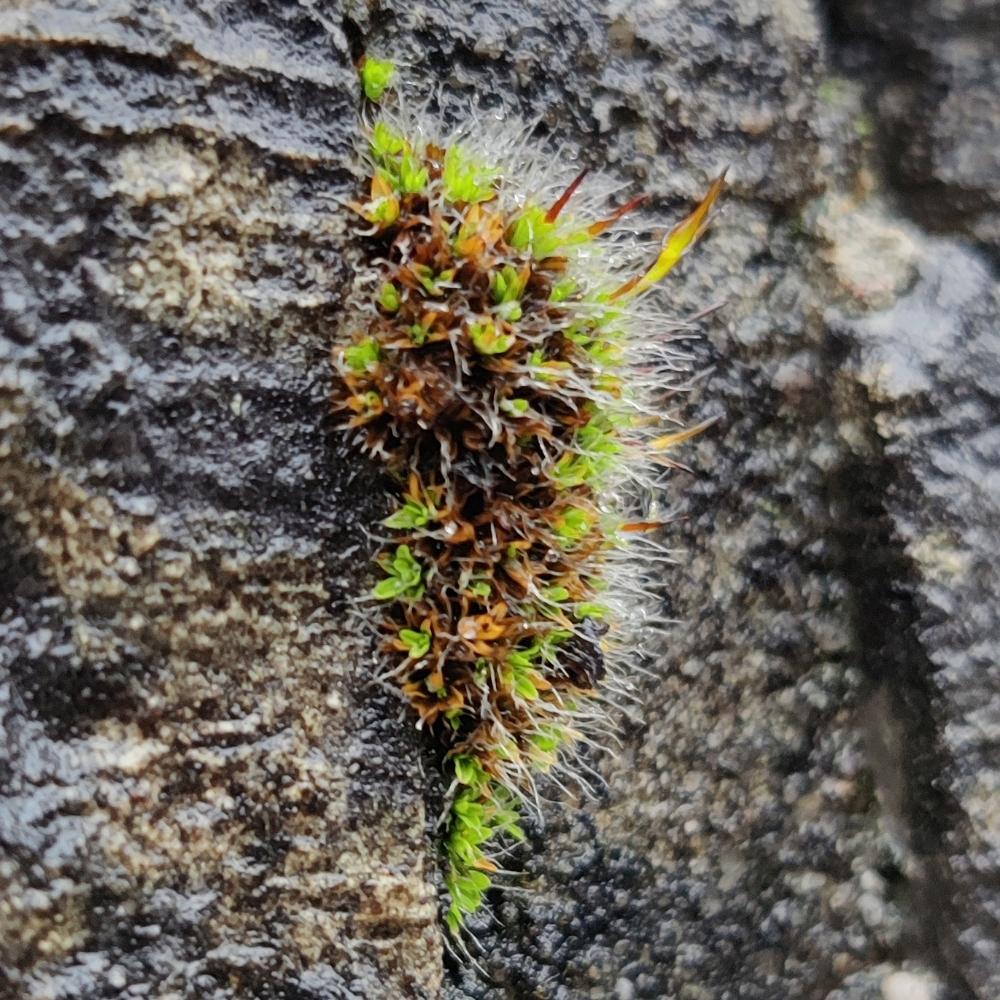
32594509.jpg from: https://observations.be/observation/204319519/
| Characteristic | Description |
|---|---|
| Phylum | Bryophyta |
| Class | Bryopsida |
| Order | Pottiaceae |
| Genus | Tortula |
| Species | Tortula muralis Hedw. |
| Common Name | Tortula moss, Wall moss |
| Growth Form | Acrocarpous, cushion-like tufts or mats |
| Leaf Shape | Lanceolate to oblong-lanceolate |
| Leaf Margin | Entire or slightly crenulate |
| Leaf Tip | Acute or obtuse |
| Seta | Twisted, reddish-brown |
| Capsule | Cylindrical |
Conclusion
The Tortula muralis Hedw., a humble yet remarkable moss species, serves as a testament to the resilience and adaptability of bryophytes. Its ability to thrive in diverse habitats, withstand harsh conditions, and contribute to ecosystem functions makes it a fascinating subject of study. As we continue to explore the intricate world of mosses, the Tortula muralis Hedw. leaves us with a thought-provoking question: What other secrets and wonders lie within these unassuming yet extraordinary plants?
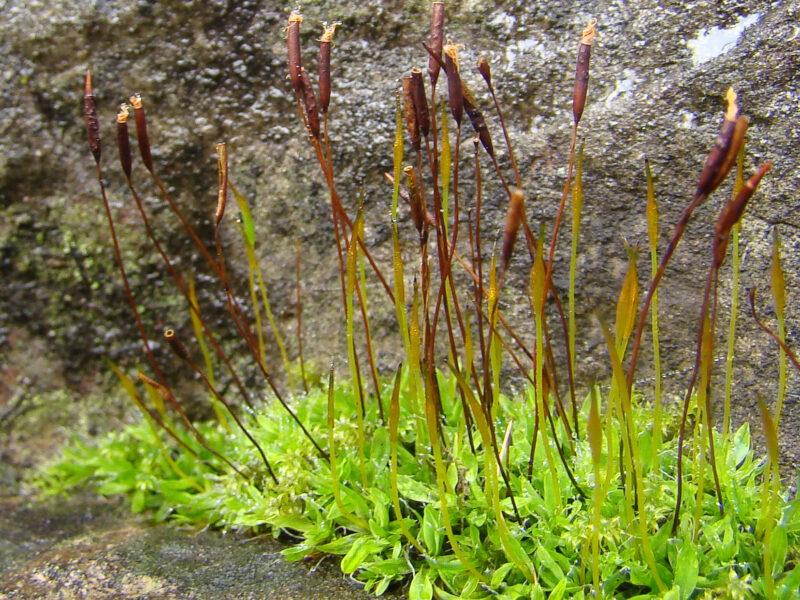
Tortula-muralis-with-capsules-1207-cropped-800×600.jpg from: https://www.britishbryologicalsociety.org.uk/learning/species-finder/tortula-muralis/
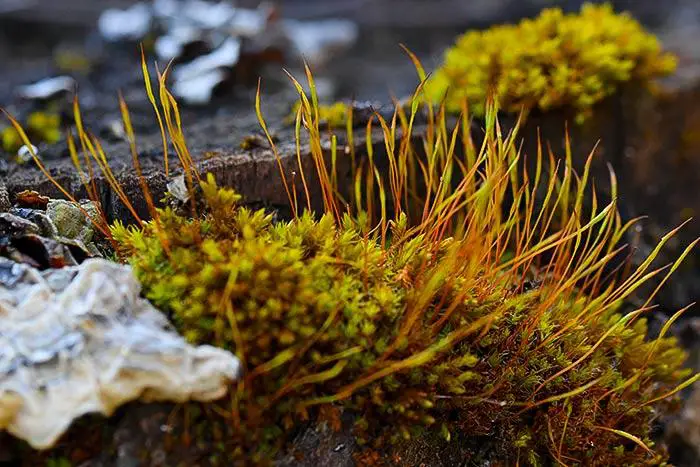
tortulamuralis2.jpg from: https://wastemagazine.es/tortulamuralis.htm
